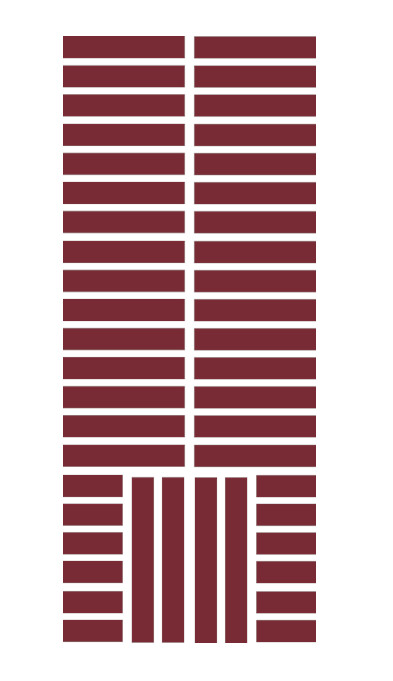Categoria:
Altro (categoria non censita)
Categoria non censita:
MDN Seminars
Data e ora inizio evento:
Data e ora fine evento:
Aula:
Sala di Consiglio
Sede:
Dipartimento di Matematica Guido Castelnuovo, Università Sapienza Roma
Speaker:
Elia Onofri
In 2024, tuberculosis remains a formidable global health challenge, contributing to millions of deaths annually. Central to the pathology of this disease are granulomas – intricate structures formed by the immune system in response to Mycobacterium tuberculosis infection. While various animal models have been developed to elucidate the mechanisms of granuloma formation and development, none of them fully recapitulate the human disease. Additionally, the limited throughput of these models presents a significant obstacle to their application in drug development. In recent years, three-dimensional cell cultures, known as Granuloma-Like Structures (GLS), have emerged as a promising tool that balances the complexity of in vivo conditions with the practicality required for high-throughput drug screening. Despite these advantages, in vitro models still present challenges that hinder their use in large-scale testing. Issues such as reproducibility, time consumption, and the need for human interaction limit their scalability. Therefore, as part of the European Regimen Accelerator for Tuberculosis (ERA4TB) project, we are developing an in silico model designed to simulate and reproduce GLS. In this talk, we will present the scientific context of tuberculosis research and introduce our multiscale GLS model, which combines an agent-based microscopic simulation of immune-pathogen interactions at the cellular level with a PDE-based macroscopic simulation of cell signalling diffusion at the molecular level. In addition to describing the model, we will discuss its calibration against experimental data, highlighting both the challenges and innovative solutions related to data analysis and integration.
Contatti/Organizzatori:
davide.torlo@uniroma1.it

